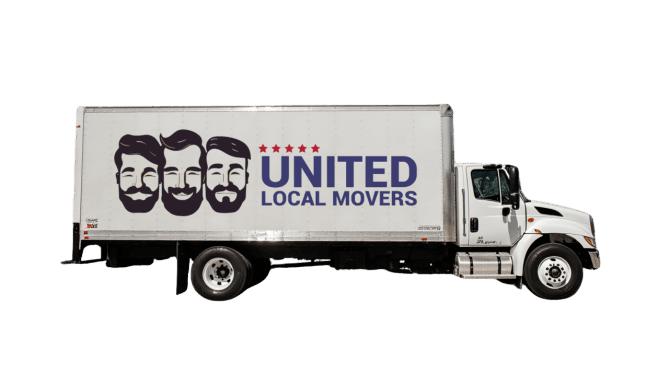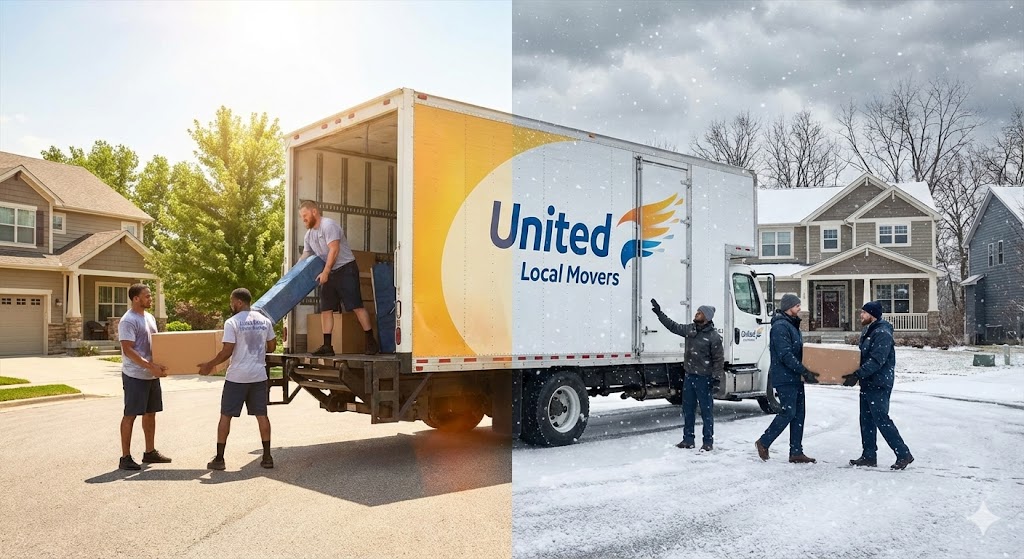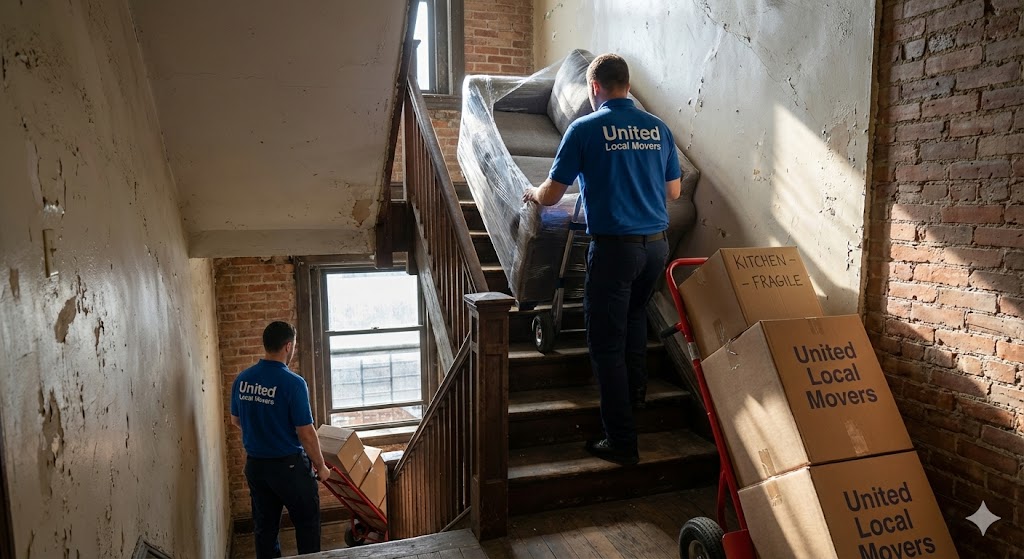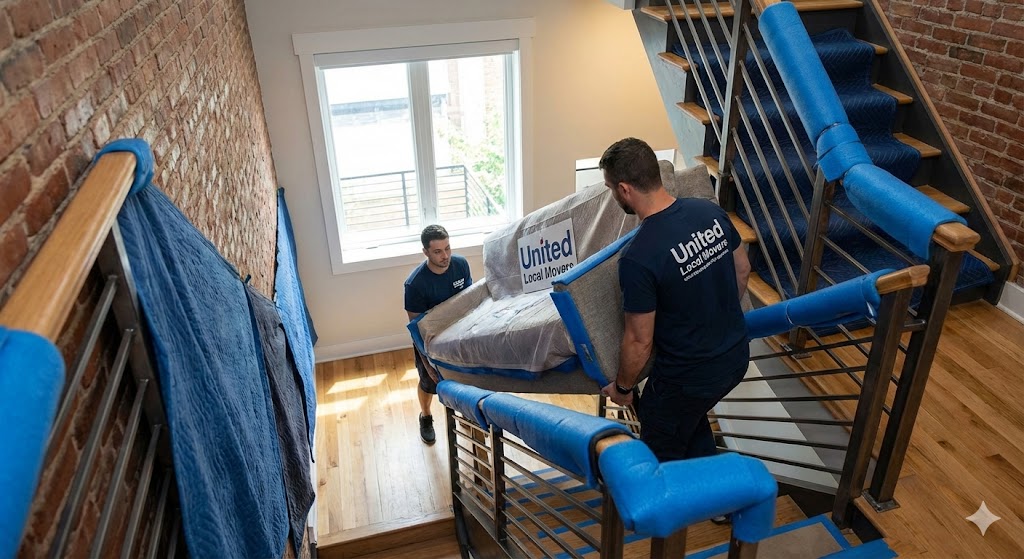Imagine this: your belongings are packed up, the truck drives away, and then the moving company suddenly demands more money to deliver them. This nightmare scenario is known as a hostage-load scam — and unfortunately, it happens to thousands of people in the U.S. every year. But the good news is that you do have rights, and there are clear steps you can take to fight back.
In this article, we’ll break down how these scams work, how to respond immediately, and how to protect yourself legally and financially.
What a Hostage-Load Scam Looks Like
In a hostage-load scam, a disreputable mover:
- 🚛 Picks up your belongings
- 💰 Demands extra money after loading
- ⏳ Refuses to deliver unless you pay
- ⚠️ Often disappears or delays delivery
Some scammers even double or triple the agreed-upon amount, hoping you’ll pay just to get your belongings back. This practice is illegal under federal law.
Step 1: Stay Calm and Don’t Pay Immediately
Scammers thrive on panic. They hope you’ll pay whatever they ask to resolve the situation quickly. But paying upfront without documentation can make it harder to recover your money later.
- 🧘 Take a deep breath and slow down the conversation
- 📞 Ask for a written explanation of the extra charges
- 📝 Review your original contract carefully
- ⚠️ Don’t make payments outside of official channels
Remaining calm gives you a better chance of negotiating and documenting the situation correctly.
Step 2: Review Your Estimate and Contract
Hostage-load scams usually hinge on vague or fraudulent estimates. Look at your original documents:
- 📄 Binding estimates legally cap what you can be charged
- 📈 Non-binding estimates can fluctuate — but only within legal limits
- 🚫 Movers can’t legally demand unlimited extra payment at delivery
If their new demand violates your agreement, it’s a red flag that you’re dealing with a scam.
Step 3: Know Your Legal Rights
Under federal law, movers cannot legally hold your goods hostage. The Federal Motor Carrier Safety Administration (FMCSA) enforces regulations that protect consumers:
- ⚖️ Movers must release your goods once you pay the amount in the binding estimate (or 110% of a non-binding estimate)
- 🚫 They cannot demand extra payment as ransom
- 🏛️ Hostage-load scams are subject to civil and criminal penalties
Knowing your rights is the first step in fighting back effectively.
Step 4: Request a Written Explanation of Charges
If the mover is claiming additional costs, demand a written, itemized statement. Scammers often back down when asked to document their claims. Request:
- 🧾 A detailed list of extra charges
- 📅 A delivery timeline
- ✍️ The name and position of the person demanding payment
- 📄 Their USDOT and MC numbers
Legitimate movers have no problem putting everything in writing.
Step 5: Contact FMCSA Immediately
The FMCSA has a special task force for hostage-load cases. If your mover refuses delivery:
- 📞 Call the FMCSA National Consumer Complaint Database at 1-888-DOT-SAFT (1-888-368-7238)
- 🧾 File an official complaint online
- 📅 Provide copies of your estimate, contract, and written demands
- 🚨 Escalate the issue if they don’t respond
FMCSA can launch investigations and pressure movers to comply with the law.
Step 6: Involve Local Law Enforcement
While hostage-load scams fall under federal jurisdiction, local police can sometimes help if theft or fraud is involved:
- 🚓 File a police report to create a legal record
- 📝 Provide the mover’s contact information and truck details
- 📋 Include all documents and written demands
- ⚠️ Don’t confront the movers physically
A police report also strengthens any future legal action.
Step 7: Contact Your Credit Card Company or Bank
If you paid a deposit or initial amount by credit card, your financial institution may help:
- 💳 Dispute unauthorized or fraudulent charges
- 📝 Provide supporting documentation
- 🚫 Avoid wiring money or paying in cash
- 🔐 Keep payment records safe
Credit card protections can help you recover funds if the mover disappears.
Step 8: Involve State Regulators or Attorney General
In addition to FMCSA, your state Attorney General’s office can also assist with fraud claims. File a complaint if:
- 🏛️ The mover is registered in your state
- 🚫 They refuse to release your goods
- 💰 They demand illegal extra payments
Many states have consumer protection laws that add an extra layer of accountability.
Step 9: Gather and Organize All Evidence
Your case is only as strong as your documentation. Be sure to keep:
- 📄 The original estimate and Bill of Lading
- 🧾 Payment receipts and bank statements
- 📸 Screenshots or photos of messages
- 📝 Names and roles of anyone you spoke with
Having everything organized can significantly speed up the legal and claims process.
Step 10: Seek Legal Help if Needed
If the mover refuses to cooperate even after complaints, consider:
- ⚖️ Hiring a lawyer specializing in transportation law
- 📬 Sending a formal demand letter
- 🏛️ Filing a small claims or civil lawsuit
- 🧭 Requesting arbitration (as required for interstate moves)
While legal action can be intimidating, many consumers recover their belongings or get compensation through these channels.
Step 11: Report the Scam to Protect Others
Once your situation is resolved, help others avoid the same trap:
- 📝 File reports with FMCSA, BBB, and state agencies
- 🧾 Leave honest reviews online
- 🚫 Warn others in community forums
- 📢 Share your story if you’re comfortable
Public accountability is one of the strongest tools against scam movers.
Step 12: Preventing Hostage-Load Scams Before They Happen
The best way to handle a hostage-load scam is to avoid it altogether. Before hiring movers:
- ✅ Check their USDOT and MC numbers
- 📊 Read reviews critically (beware of fake ones)
- 📄 Get a binding estimate in writing
- 🚛 Choose reputable companies like United Local Movers
Reliable movers don’t hold your belongings hostage — they deliver them safely, on time, and according to the contract.
Knowledge Is Power Against Scammers
Hostage-load scams are frightening, but they’re also illegal. If a mover refuses to deliver your belongings, you have powerful legal tools on your side. Acting quickly, documenting everything, and getting the right authorities involved can help you reclaim your items and your peace of mind.
With United Local Movers, your relocation becomes safer, faster, and stress-free — with full transparency from start to finish.





